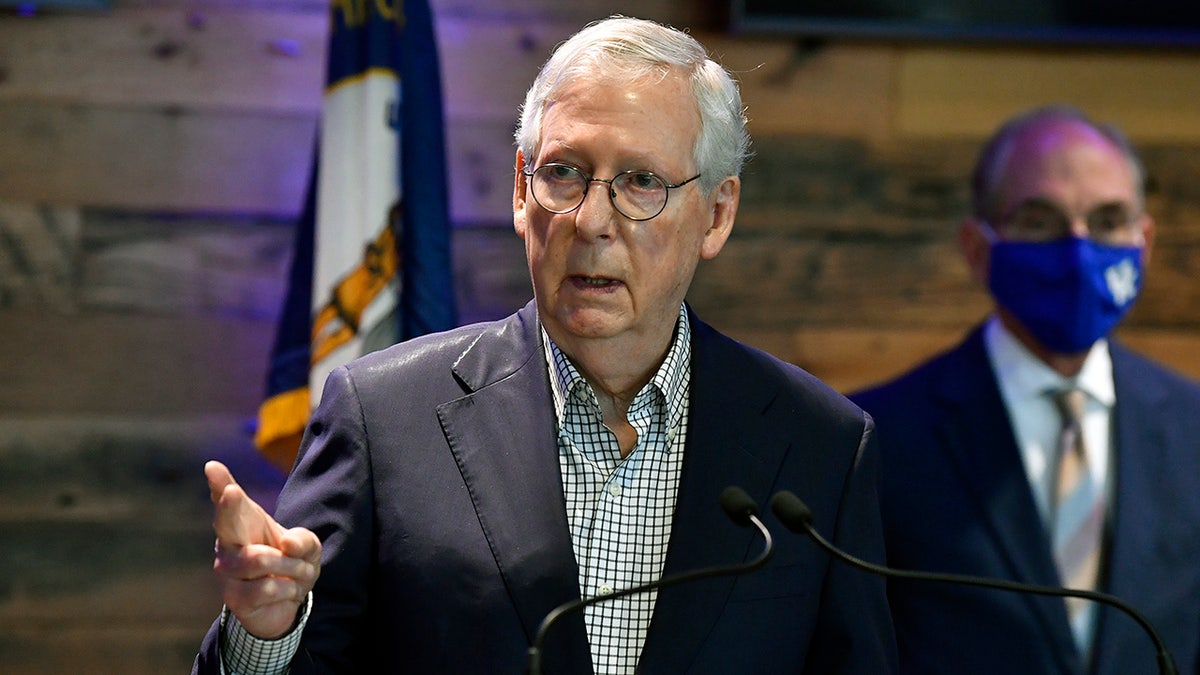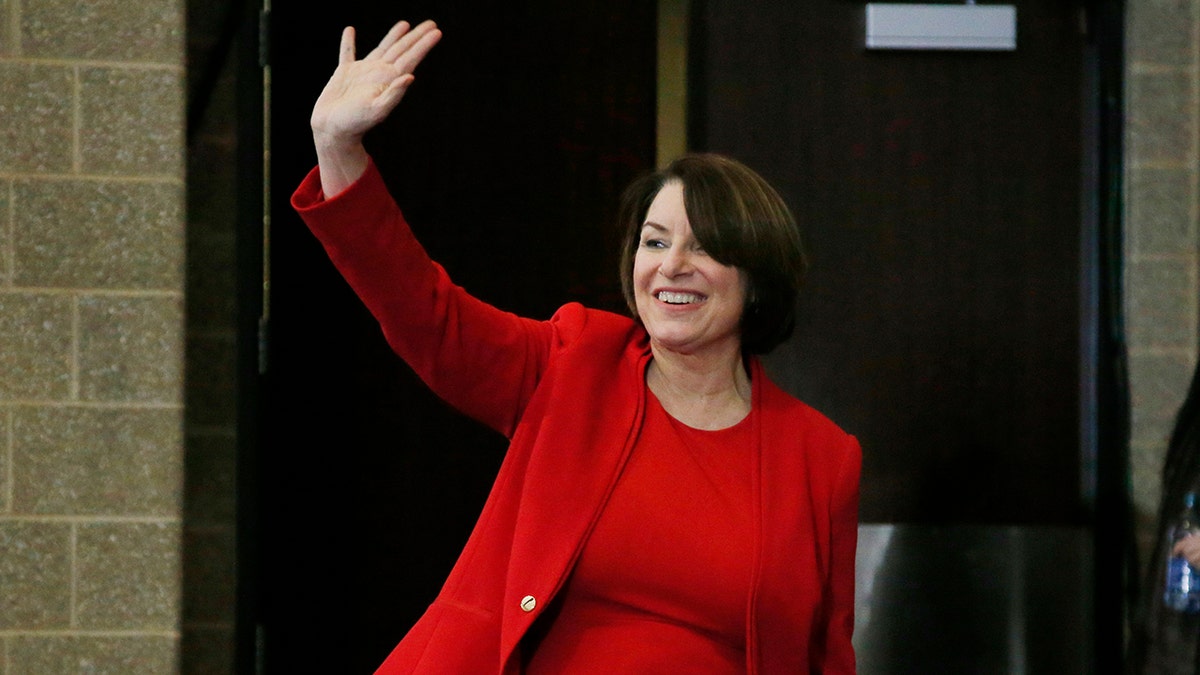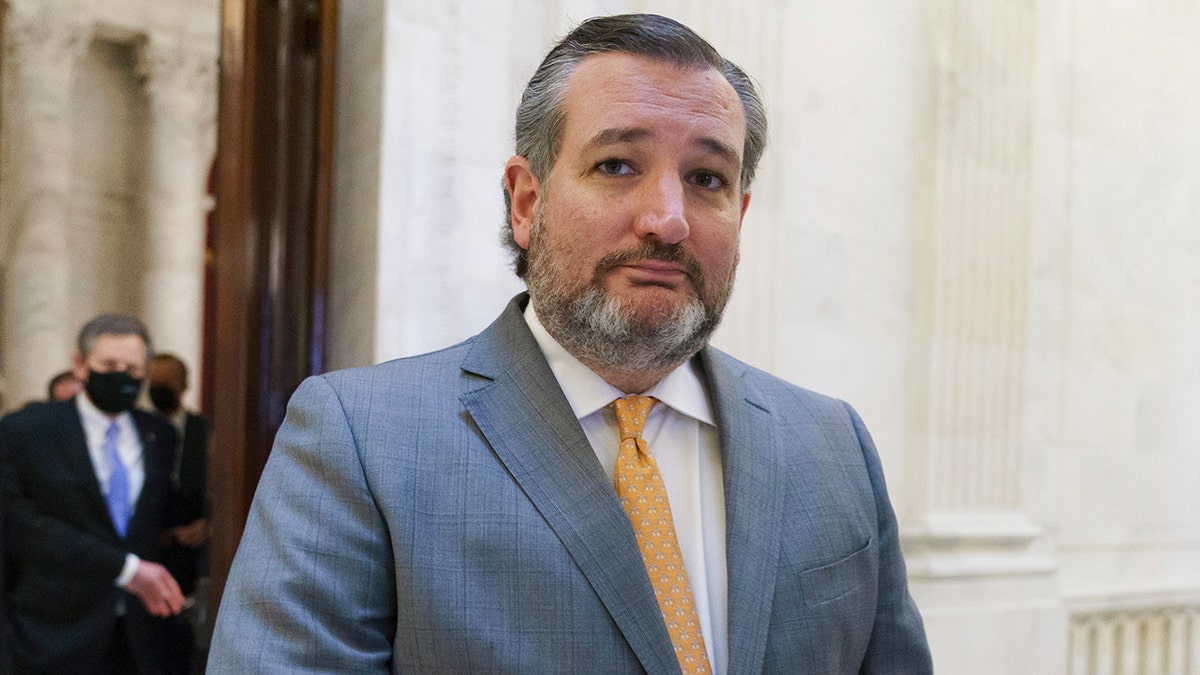Fox News Flash top headlines for May 11
Fox News Flash top headlines are here. Check out what's clicking on Foxnews.com.
The Senate Rules and Administration Committee Tuesday defeated an amendment from Senate Minority Leader Mitch McConnell to Democrats' sweeping elections bill.
McConnell's amendment, which was defeated on a 9-9 party-line vote, would keep the Federal Election Commission (FEC) at six members rather than five, which the Democrats bill would do if enacted.
The bill, S. 1 in the Senate and H.R. 1 in the House, would change the composition of the FEC from six members with three from each party to five members with two from each party and a fifth not associated with either party but chosen by the president.
McConnell, R-Ky., making a rare appearance at a committee markup, said that Democrats' proposed change to the FEC would make it partisan and go against the goals of the Democrat-controlled Congress that created it.

Senate Minority Leader Mitch McConnell, R-Ky., speaks during a news conference at Kroger Field in Lexington, Ky., Monday, April 5, 2021. McConnell made a rare appearance in the Senate Rules and Administration Committee Tuesday. (AP Photo/Timothy D. Easley)
"The FEC was created back in 1974 in the wake of Watergate. That was a period during which our Democratic colleagues had overwhelming majorities in the House and Senate," McConnell said. "They could have crafted the FEC any way they chose to. But they realized that it ought to be evenly split between Republicans and Democrats. It was broad bipartisan understanding that the new panel needed to be beyond reproach. That's why it was built with an even-numbered membership."
He added: "And yet in this sweeping legislation which our Democratic friends keep characterizing as a voting rights bill, they go out of their way to make the FEC partisan... The exact outcome that was originally feared -- the regulator of our Democracy becoming controlled by one side would be hardwired into the rules entirely by design. This is so plainly unfair, so plainly an attempt to stack the deck, that I'm not really sure what more needs to be said."
Committee Chair Amy Klobuchar, D-Minn., hit back against McConnell's argument, emphasizing that the Democrats' bill limits the members in each party on the commission to two, "so no one party can take over the commission."
"Right now we have a dysfunctional Federal Election Commission. Everyone knows that," she also said. "Hundreds of enforcement cases have languished in the past few years... The FEC has not enacted any new disclosure rules after Citizens United. It can't even agree to hire a permanent general counsel."

Sen. Amy Klobuchar, D-Minn., waves as she arrives to speak to the Scott County Iowa Democrats Saturday, Jan. 25, 2020, in Bettendorf, Iowa. Klobuchar, the chair of the Senate Rules and Administration Committee, sparred with Minority Leader Mitch McConnell, R-Ky., over an amendment to Democrats' sweeping election bill Tuesday. (AP Photo/Sue Ogrocki) (AP Photo/Sue Ogrocki)
SCUMER INVOKES CHENEY IN DEBATE OVER DEMS' SWEEPING VOTING BILL SHE CALLS 'UNCONSTITUTIONAL'
Sen. Angus King, I-Maine, who caucuses with Democrats, meanwhile, suggested to McConnell that the limit of two FEC commissioners in each party should alleviate his concerns.
"I think any president with an ounce of sense can figure out somebody who can appear to be independent who's actually on their side," the minority leader retorted.
Klobuchar, however, noted that "if there is a Republican president they would be appointing when terms end their own person."
In response to the gridlock argument, McConnell compared the FEC to the Senate Ethics Committee, which requires a bipartisan vote to move forward on a matter. He said that this high threshold for action is exactly the point of the FEC's design.
"The FEC is not dysfunctional at all," McConnell said. Wanting an FEC that moves quickly on a variety of matters "presumes that somehow you want an activist FEC frequently interfering in election contests... I mean the whole notion that failure to act is dysfunctional when we're talking about fundamental first amendment free speech rights, I don't think there's any dysfunction at all."
Sen. Ted Cruz, R-Texas, meanwhile said that how senators voted on McConnell's amendment would be "revealing."

Sen. Ted Cruz, R-Texas, leaves a Senate Republican Conference luncheon on Capitol Hill in Washington, Wednesday, March 24, 2021. Cruz said Tuesday that a changed to the FEC proposed by Democrats in their sweeping elections bill would turn it "into a partisan agency that would predictably be used to persecute" the party that's not in power. (AP Photo/J. Scott Applewhite)
"It's a sorting vote. Because anyone who votes against this amendment is admitting to the game," Cruz said. The bill without the McConnell amendment, Cruz said, "turns the Federal Election Commission from what it has been for 50 years... into a partisan agency that would predictably be used to persecute, target and attack whichever party is out of power."
Cruz added: "Any senator on this committee who votes against this amendment cannot pretend this bill is about voting rights... because it makes clear that the only objective of this bill is to ensure Democrats stay in power and to target the political opposition."
CLICK HERE TO GET THE FOX NEWS APP
S. 1 and H.R. 1, officially titled the "For the People Act," would also ban states from requiring photo ID to vote; raise barriers for states to clear voter rolls; require states to offer drop boxes for 45 days before an election, and much more.
It's unlikely that the For the People Act will pass the Senate in its current form, given the unified GOP opposition. Democrats would have to get rid of the legislative filibuster to pass it without Republican votes and Sen. Joe Manchin, D-W.Va., said he wouldn't do that under any circumstances.
It is possible that Democrats may try to break up S. 1 into multiple bills to get GOP votes for at least some of the provisions. But it's not clear that they are committed to that approach or what its chances of success would be.













































